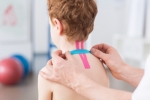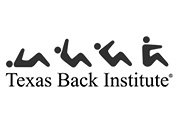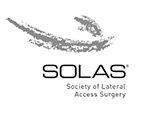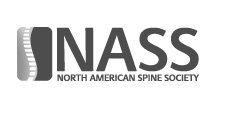Many people associate degenerative discs with aging and adulthood. However, it’s possible for this problem to affect young people, as well. When this happens, it’s referred to as juvenile discogenic disorder or juvenile disc disorder. If your child suffers from back pain in Miami, then continue reading to learn some important facts about juvenile disc disorder. 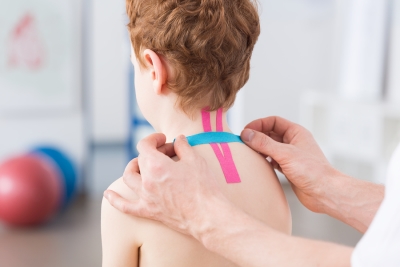
Disorder Causes
Juvenile disc disorder affects young people who are usually in their late teens to early 30s. Some doctors believe that genetic disposition is a major factor in disc degeneration in young adults, while others state that wear and tear is to blame. Additionally, an injury is sometimes the cause of this condition. Although juvenile disc disorder is similar to disc degeneration in adults, it usually affects most or all the lumbar discs, instead of just 1 or 2.
Common Symptoms
Individuals who are suffering from juvenile disc disorder often experience chronic neck or back pain. Also, the pain may radiate to other areas, decrease with rest, or increase with sitting, lifting heavy objects, bending over, or twisting. Also, changing positions, walking, or running often provides some short-term relief.
Treatment Options
When back pain is left untreated, it can lead to degenerative disc disease and make it difficult for the individual to participate in physical activities in the future. For this reason, it’s important to have your child evaluated by a spine doctor if he’s suffering from back pain. Commonly, the treatments for juvenile disc disorder are less invasive if started soon after the onset of symptoms. Ask your child to describe exactly where the pain is and what causes it to feel worse or better, and then share this with his doctor. Nonsurgical treatments are typically considered first and can involve exercise, hot and cold application, massage, transcutaneous electrical nerve stimulation, epidural steroid injections, pain relievers, and anti-inflammatory medications. Finally, if a herniated disc is compressing a nerve root, then surgery may be recommended.








